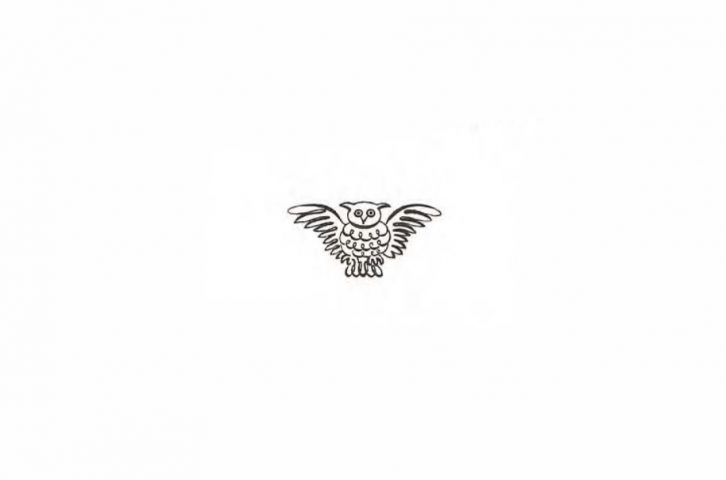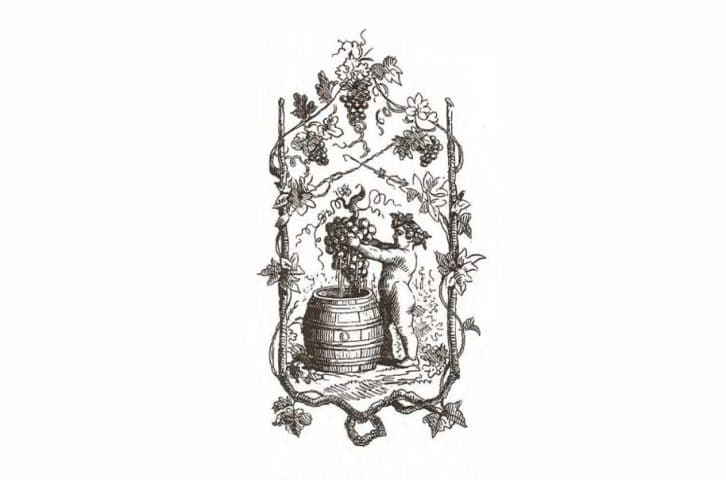Books Reviewed
When a member of the Chicago City Council proposed, about two years ago, that the Pledge of Allegiance be recited at the start of each meeting, one of his colleagues objected. African-Americans, the councilman explained, owed no allegiance to the nation that had enslaved them and considered them only three-fifths of a person. He added that he, as an African-American, considered it an insult even to suggest that blacks should be expected to salute the American flag.
At the University of Maryland, a black professor urged her students not to identify themselves as “African-Americans,” a sentiment with which I am in complete agreement. But the professor objected to what is on the right side of the hyphen, whereas I object to what is on the left. Her explanation echoed that of the Chicago city councilman. Blacks in America, she said, should consider themselves “Africans,” not Americans in any sense of the word.
After the attacks of September 11, 2001, several high-profile blacks convened a “summit” to discuss how their agenda could be brought back to the public’s attention. Some suggested that expectations of patriotism from blacks were inappropriate, while others said that America was simply getting what it deserved for its “oppressive” treatment of “people of color.” In the words of presidential candidate Al Sharpton: “This is not our fight.”
Nowhere does the disdain for America flow as freely as it does in black America. Blacks who express any sense of national pride are often dismissed as “right-wing conservatives,” “sell-outs,” and “Uncle Toms.” Jefferson’s Pillow is important because it is a soul-searching study of why it is complicated and difficult—and noble—to be a black American patriot.
The great challenge of any writer is to do what he sets out to do. Wilkins, a professor of history at George Mason University, wants to examine how race and the legacy of slavery “impede our progress” as a nation. He is more than equal to the task. Reaching into his own soul as a black man born in America who has experienced the worst of American-style racial discrimination and prejudice and enjoyed the best of American opportunity, he helps the reader understand the conflicts of race that we must all confront.
Wilkins is deeply puzzled by the contradiction in our American heroes who affirmed the “self-evident truth” that all men are created equal, and yet owned other human beings. How can this be? he asks.
In a clear and truly poignant passage that most blacks will understand, and most whites should learn to understand, Wilkins states the dilemma for himself and for others like him:
How is one to understand a country whose dreams the slave owners despoiled even as they were creating it? How is a black person to regard a land where his ancestors were meant to serve but not to grow?
As I contemplate the tall, straight figure of Jefferson and think of his colleagues, I am truly in awe of the conundrum they present to me, and of the deep conflict they have laid on my soul. Because I am black, I can’t avoid it, and because I am American, I must confront it.
In the course of his inquiry, Wilkins not only addresses whether Thomas Jefferson fathered children with one of his slaves, Sally Hemings, but he explains the question’s significance to blacks. “Many whites have long believed that blacks who try to prove that they are descendants of famous whites are desperately seeking status,” he writes. “What blacks really seem to be saying is that we are human, we count, we have been here, and we are tired of lies.”
To those who believe that the sole measure of the contribution of blacks to America’s history has been to exist passively as slaves, Wilkins offers important insight. “Blacks heard the cry of freedom and inveighed against the attempts of the king to reduce them to ‘slavery’ and submitted their own natural-rights petitions for freedom.” He details the extent of black participation in Washington’s armies, and he documents in convincing fashion the role of black Americans in creating freedom and the democratic system that many Americans take for granted.
In reading this book, one does not get the impression that Wilkins is lecturing whites or seeking to stir up “white guilt.” He is baring his soul in a way that lays a strong foundation for better understanding between all the major participants in America’s never-ending race drama.
There is little doubt that Wilkins and I have opposite views about race-based policies such as “affirmative action.” But I don’t hold that difference against him. Rather, I wish every black who sees himself as a victim in American society could read these uplifting passages:
I stood there facing the ocean, with my back to the continent of Africa, and thought about my African cousins and ancestors as I peered out at the horizon and I knew that no matter how deeply these African memories or the vitality of my African cousins might move me, somewhere over that curve, on the other side of that ocean, was my home.
She [his great-great-grandmother who was a slave] certainly wasn’t an African anymore. She didn’t look back toward an African past, but rather focused her gaze forward, toward a life of freedom in America—a freedom that she promised her son he would have. Her idea of a better life was a better American life….
George Washington’s growth and Great-great-grandmother Jeffries’s love and strength are my American stories. I need both of them, as well as my other ancestors and the other patriots, to be who I am and to live the life I have lived.Like his uncle Roy Wilkins—a civil rights giant in the long march toward freedom for black people—Roger Wilkins is an unapologetic patriot. But he arrived at his patriotism after much study and reflection. “I feel and look American, and I have labored over the years to make the Constitution work for everyone,” he writes, wonderingly. Following this statement, he asks, “Does this make me a patriot?” For giving us Jefferson’s Pillow, Roger Wilkins is, indeed, a patriot in every sense of that word.
It would be a disservice and an inaccuracy to leave the impression that Jefferson’s Pillow is a “race book.” This outstanding work is written not merely for blacks but for all Americans. It is a book of hope and reconciliation.



